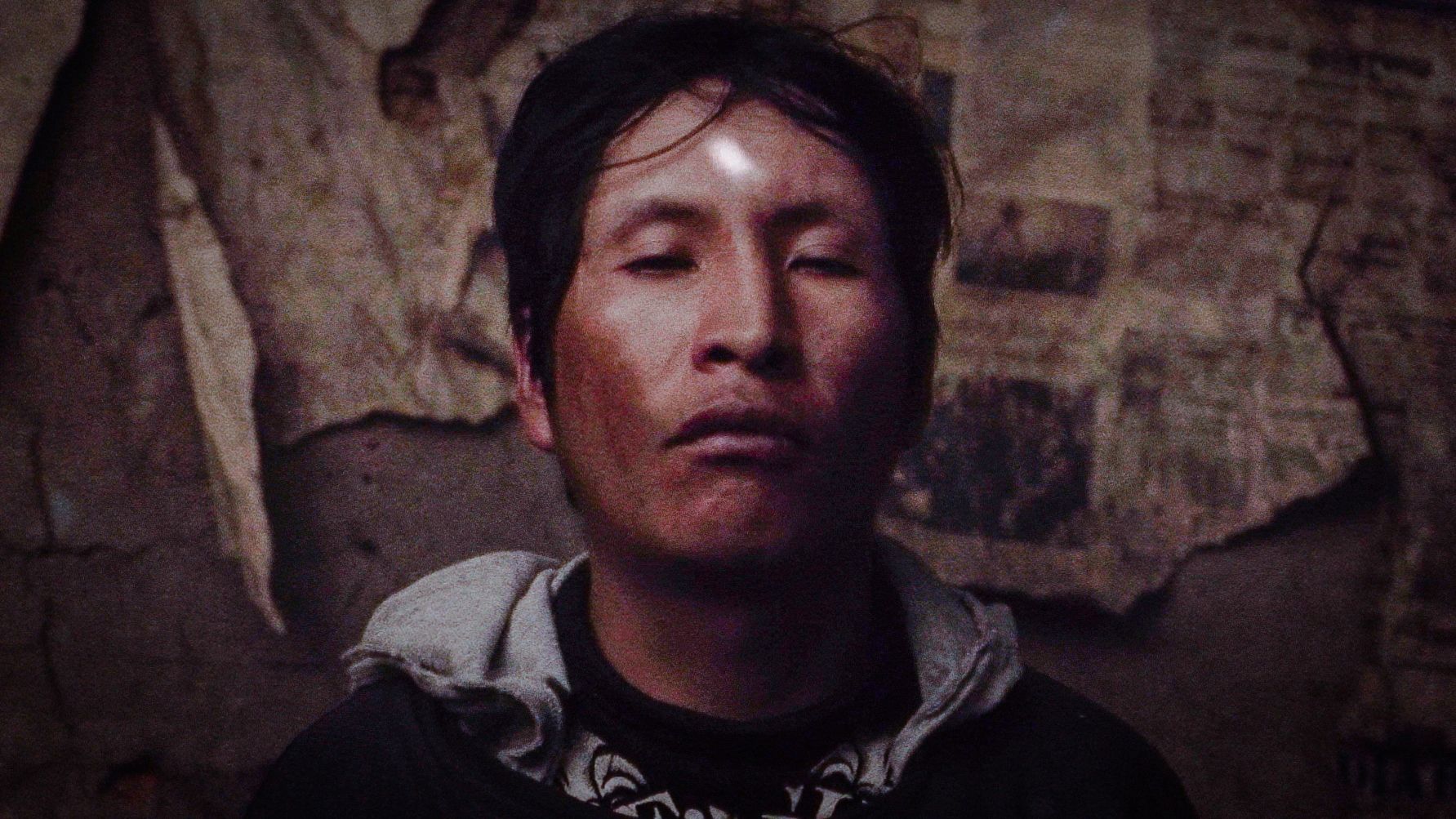Our exposure in the UK to the cultures and politics of South America is limited, to say the least. This is, in part, due to geography. Relatively few people from the continent arrive on our shores and it’s not like it’s a viable holiday destination for many. Bolivia, for example, is not a country which features heavily in the media landscape. It is one with a lot of different social issues, as El gran movimiento demonstrates.
Unemployed and desperate for work, Elder (Julio César Ticona) makes the long journey on foot to the capital, La Paz. Along with his friends, the now former miner is here to demand the reinstatement of his job. When their protestations fall on deaf ears, they manage, with the help of the elderly Mamá Pancha (Francisa Arce de Aro), to find work in a market. When Elder suddenly becomes seriously ill, she calls on the services of a witch doctor (Max Bautista Uchasara) to help.
El gran movimiento mixes the social realism of filming in a documentary style with a layer of magical realism. Creating a film which represents, in many ways, the dual aspects of life for the average Bolivian. Today’s harsh realities are captured using a largely non-professional cast, and the spiritual mysticism is conjured up by Pablo Paniagua’s captivating cinematography. Kiro Russo carries on where he left off in 2016’s Dark Skull. El gran movimiento is an often fragmentary and unbalanced experience, but one which enthrals and enchants.
El gran movimiento screens at International Film Festival Rotterdam.














No Comment